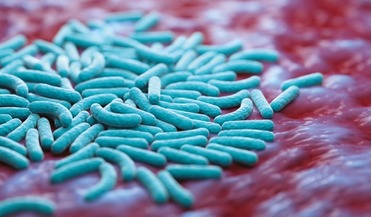 February 2020
Surviving bacteria in space
February 2020
Surviving bacteria in space
... are very limited. In the case of astronauts, living in microgravity and being exposed to cosmic radiations causes many physiological disturbances including the dysregulation of the immune system, which increases the risk for infectious diseases and...
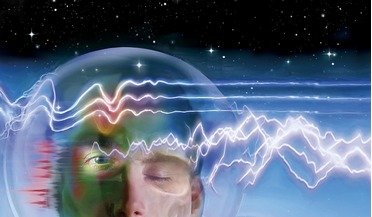 April 2020
Protecting against the dangers of space radiation
April 2020
Protecting against the dangers of space radiation
... many of these relate to human health - the longer the duration of a mission, the more impact on the body’s physiology. So, as we stare further and further into space, we also have to find ways to adequately measure and counteract the...
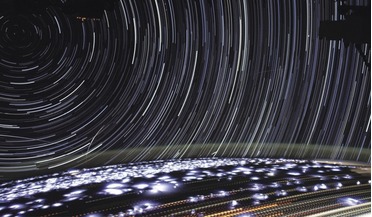 June 2021
How time perception as a spaceflight stress indicator
June 2021
How time perception as a spaceflight stress indicator
... it can be difficult for cosmonauts and astronauts to keep up with the schedule. This may be due not only to physiological and psychological stress but also to microgravity conditions when the body’s ability to perceive its own position...
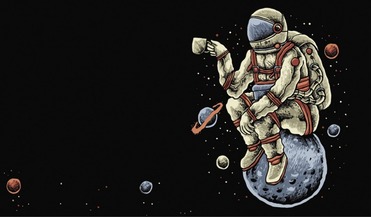 February 2022
Nutritional issues on interplanetary spaceflights
February 2022
Nutritional issues on interplanetary spaceflights
...; astronaut Dan Burbank can be seen in the background. Expedition 30, ISS, 2012. Principles of developing rations The results of physiology and hygiene studies in ground-based model experiments and actual flights aboard spacecraft and space stations...
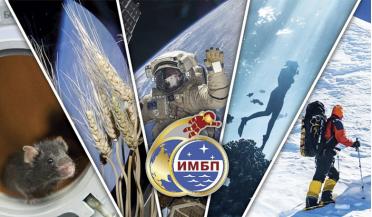 September 2023
The Institute of Biomedical Problems - Sixty years of contributing to the development of space biomedicine
September 2023
The Institute of Biomedical Problems - Sixty years of contributing to the development of space biomedicine
...to study the problem of the impact of climate change on human health. Much attention is paid to the problems of hyperbaric physiology and diving medicine. In 1986-1987 on the basis of the southern branch of the Research Institute of Oceanology, named...
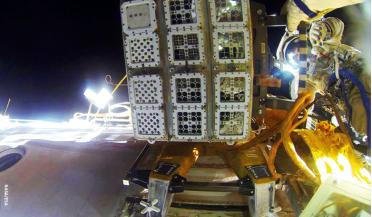 September 2023
How microorganisms survive space travel
September 2023
How microorganisms survive space travel
... with this microorganism (Figure 4). The identity of the strain was confirmed by a 16S rRNA gene sequence and physiological tests. This is the first report of a lifeform surviving inside an ‘artificial meteorite’ after deorbiting through the Earth...